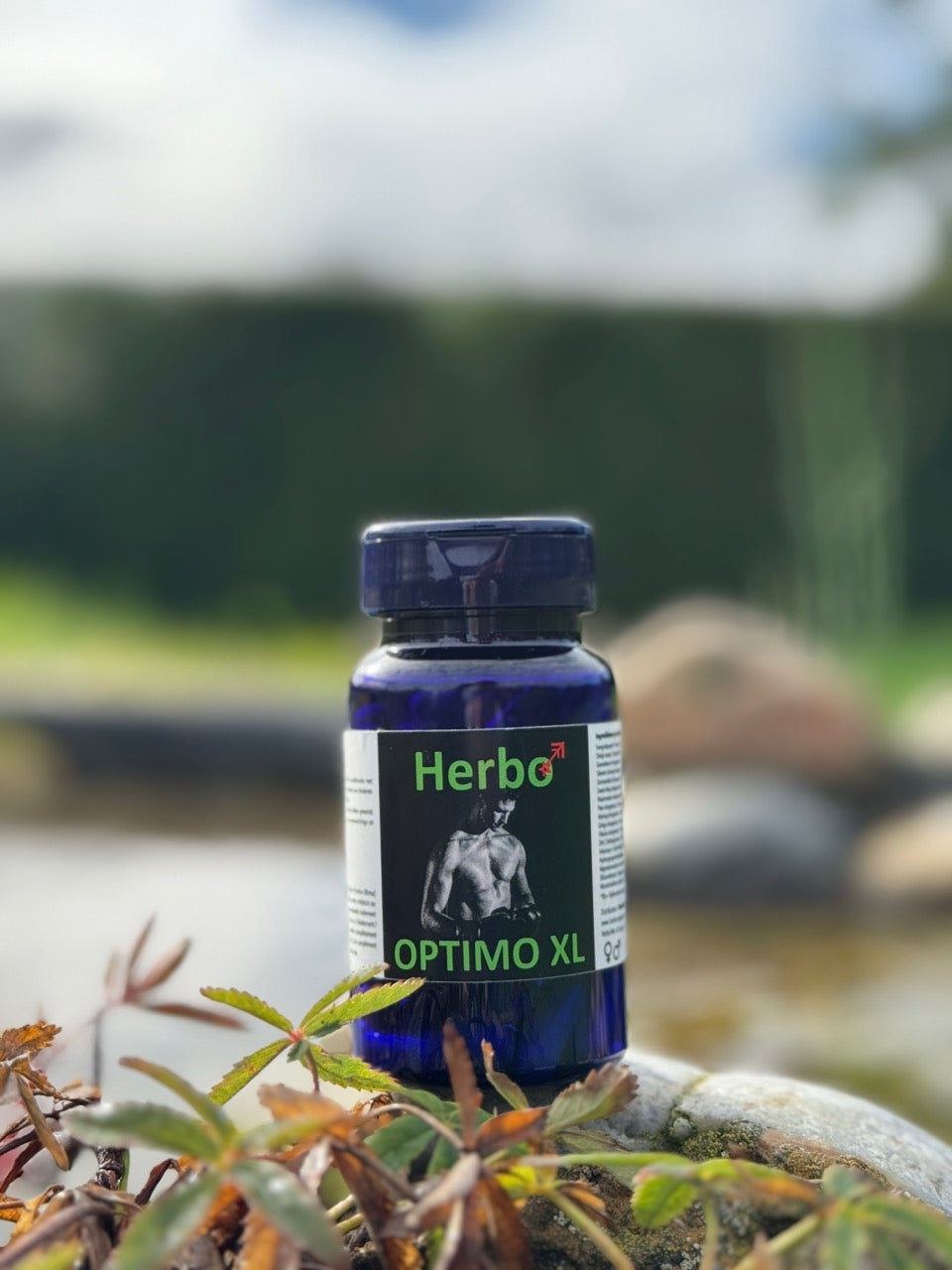Carrot Extract
(The orange benefactor)
.jpg)
A carrot a day prevents aging
We all know what carrots are and we are all used to eating them raw, cooked, or grated. The form doesn't matter; what matters is that you eat them, because they hide a great number of benefits that we are going to reveal today, so that we give carrots the importance they deserve.
Carrots are orange, elongated, and flavorful vegetables. A good vegetable for children, adults, and the elderly, even for dogs. The good thing about carrots is that they can be eaten raw, but it is advisable to wash them thoroughly and, if we remove the peel, the better.
Carrots are full of benefits, and that's because of how complete they are. So, we want to start with the nutritional value. Later, we will look at different ways to add them to the diet and also the maximum daily amount for an average adult. Once we have clarified all that, we will see the main benefits as well as the most serious contraindications of this vegetable.
Nutritional value of carrot
To calculate the nutritional values of a food product, the amount of 100 grams is always used as a reference. This makes the calculations faster, but the 100 grams does not always correspond to the recommended maximum daily amount.
In every 100 grams of this vegetable, we find 41 kilocalories, 9.6 grams of carbohydrates, 4.74 mg of sugar, almost 3 grams of dietary fiber, no protein, and 88.29% of 100 grams of carrot is water.
Apart from this, carrots also contain essential vitamins and minerals.
So much so that this vegetable contains a lot of vitamin A, providing 557% vitamin A per 100 grams of carrot.
Among the vitamins and minerals in carrots, we have vitamin A, group B, C, and K. The minerals that carrots provide are calcium, potassium, magnesium, phosphorus, sodium, and fluoride.
Ways to add it to the diet and maximum amount
Carrots are rich in nutritional value, so it is a very good idea to add them to our daily diet, or at least to eat them very regularly.
If we want to escape the monotony of eating fried, grated, boiled, or raw carrots, then we are going to give you some interesting ideas.
For example in salads, carrot cake, juices, purees, creams, roasted meat or fish, vegan bolognese sauce, fried carrot, cookies, muffins, omelet with carrots, cheese empanadas, stuffed pasta, carrot mayonnaise, beignets, etc.
This all has an incredibly small amount, but as we have seen, it increases the daily amount of vitamin A the body needs fivefold.
Here it is important not to exceed it, as there can be certain consequences due to an excess of vitamins.
Experts recommend eating between 1 and 3 carrots per day, depending on their size. If they are small, we can eat 3, if they are very large and thick, only one. In the case that we buy them already sliced or canned, you should measure half a cup if mixed with more vegetables or 1 cup if served with meat or fish. It also depends on everyone's appetite.
Properties and benefits of carrots
Carrots are very tasty, and we're not just talking about their flavor or preparation methods, but also about their nutritional values. Based on that, we will focus on the beneficial properties of these vegetables.
Improves eye health
Carrots have always been the perfect allies for the eyes, and that is absolutely true. Carrots can prevent cataracts and macular degeneration, which affects the retina. This vegetable is very good when visual acuity is poor and when we suffer from photophobia, which is light sensitivity. Carrot is also a good ally in conjunctivitis processes and when the eyelids become inflamed.
As we see, roots can help us with all infectious processes, injuries, or diseases, although it is best to go to a specialized doctor to assist us.
Help with multiple organs
These vegetables are not only good for the eyes and vision but also for other important organs such as the liver, lungs, bones, and the skin in general.
To be precise, this vegetable contains hypoglycemic properties, making it perfect for diabetics. It is suitable for pathologies related to the liver, as well as bronchopulmonary problems, due to the amount of calcium it provides. It promotes good bone and teeth health, lowers bad cholesterol levels, and is beneficial against acne and eczema, burns, and ulcers.
Strengthens the immune system
The immune system protects us against viral infections, gastroenteritis, infections, and other health problems. Our main shield against everything outside, and when that barrier weakens, health problems begin.
Carrots are great for immunity, asthenia (lack of energy and vitality), and anemia. These orange vegetables contain a lot of iron and copper, two important minerals in the formation of red blood cells. This vegetable is usually prescribed in cases of anemia, infections, low immunity, asthenia, and the like.
The carrot prevents arteriosclerosis and therefore also helps us prevent heart attacks and other heart diseases.
As we can see, it is a very complete vegetable full of benefits.
Helps prevent cancer
We need to clarify that if we are susceptible to cancer due to genetic inheritance or poor lifestyle habits, eating a lot of carrots will not slow the onset of the disease.
However, this vegetable has antimutagenic and antitumor properties thanks to beta-carotene. In other words, it helps prevent cells from mutating and tumors from forming. Coumarins are other root phytochemicals, as well as quercetin or terpenes. All of these have been shown to help prevent cancer, especially of the pharynx, bladder, stomach, prostate, and colon.
But we come back to the same point, we need to accompany it with a varied and balanced diet and healthy lifestyle habits such as reducing sugar consumption, eliminating ultra-processed foods from our diet, and moderate exercise several times a week.
Carrots have side effects
They are not really toxic, nothing of that sort, but these problems arise from excessive consumption and are related to the amounts of vitamins and minerals, such as vitamin A, which we have already seen and which almost reach a fivefold increase of the recommended daily allowance per 100 grams of carrots.
One of the adverse effects of eating too many of these vegetables is increased urine production, as almost 90% of a carrot consists of water. This puts us at risk of producing more urine, which translates into excessive strain on the kidneys, potentially problematic if there are already kidney issues.
An excessive intake of carrots can also make our skin yellow, and this is due to beta-carotene, which in turn helps with tanning and is known as hypercarotenemia.



